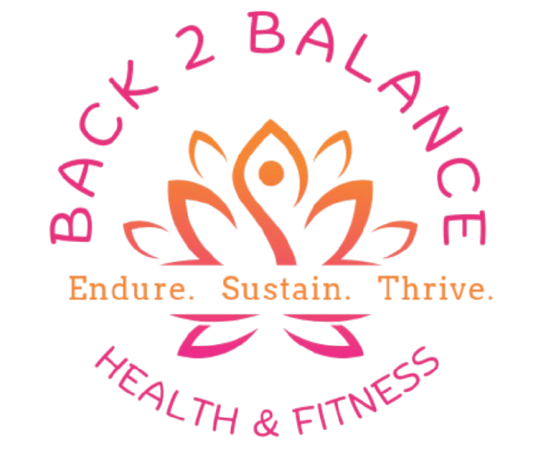🍃 Maximizing the Health Benefits of Green Tea:
🍃 Green tea owes its health benefits to polyphenols called catechins, especially the potent cancer-fighter epigallocatechin gallate (EGCG), which makes up 40% of its polyphenols. EGCG is effective at inhibiting tumor angiogenesis, particularly in bladder, breast, and prostate cancers. Japanese teas like Sencha have the highest EGCG levels.
Unfortunately, although green tea is rich in catechins, these compounds are not absorbed very well in the intestines. In fact, less than about 20% of catechins are available for absorption after digestion, because they break down in non-acidic environments (such as the intestines).
To combat this, researchers have discovered that adding lemon juice, other citrus juices, or vitamin C increases the levels of catechins available for absorption by more than five times when compared to normal absorption. Lemon juice was the most effective at preserving catechins 🍋
The beneficial effects of citrus juices and vitamin C are likely the result of their protection of catechins from oxidative damage in the intestines.
📌 Apart from adding citrus juice, brewing time is also critical. Less than 5 minutes only allows the extraction of 20% of the catechins that would normally be extracted after 8-10 minutes.
✅ Tips:
🍃 The recommended daily intake of green tea for cancer prevention is 3 cups.
🍃 Brew after the water has cooled slightly, and enjoy after a bite to eat.
🍃 Not a fan of green tea’s taste? Add it to a smoothie with a squeeze of lemon!

